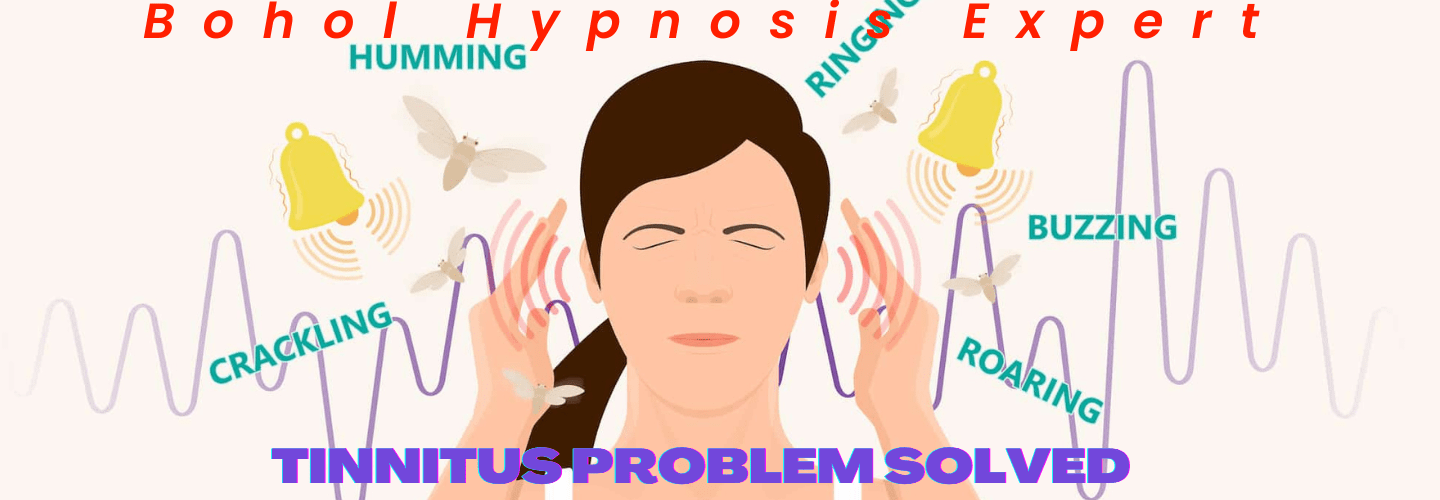
Hypnosis, EFT, and NLP techniques offer effective paths to overcome technology fear and phobias. Hypnosis reframes thoughts and empowers through subconscious exploration. EFT balances emotions and transforms negative beliefs about technology. NLP aids in changing thought patterns to manage fears. Building tech confidence involves a growth mindset and seeking guidance. These tools provide holistic approaches to navigate the digital world with ease and confidence.
Understanding Technology Phobias
Many individuals experience an overwhelming sense of anxiety and unease when confronted with the complexities of modern technology, a phenomenon commonly known as technology phobia. Tech phobia causes individuals to feel overwhelmed, stressed, and even paralyzed when using or even thinking about using technology. This fear can stem from various factors such as fear of the unknown, fear of making mistakes, or feeling incompetent in the face of rapidly advancing technology.
To cope with technology phobia, it is essential to implement effective strategies that can help individuals overcome their fears. One coping strategy is gradual exposure to technology in a safe and supportive environment. This gradual approach allows individuals to build confidence and familiarity with technology at their own pace. Additionally, seeking support from friends, family, or professional counselors can provide a valuable source of encouragement and guidance. Engaging in mindfulness practices, such as deep breathing or meditation, can also help individuals manage their anxiety levels when faced with technology-related challenges. By implementing these coping strategies, individuals can gradually conquer their technology phobias and navigate the digital world with confidence and ease.
Benefits of Hypnosis for Tech Fear

To address the fear or phobia of technology, exploring the benefits of hypnosis as a potential solution can offer individuals a unique and effective approach towards overcoming their tech-related anxieties. Hypnosis therapy has shown promise in helping individuals reframe their thoughts and emotions surrounding technology, allowing them to confront their fears in a safe and controlled environment. Through guided relaxation techniques and heightened focus, hypnosis can aid in uncovering the root causes of tech fear, whether it stems from a past negative experience or a fear of the unknown.
One of the key benefits of hypnosis therapy for tech fear relief is its ability to instill a sense of calm and empowerment in individuals. By tapping into the subconscious mind, hypnosis can help individuals build confidence in their ability to navigate technology and feel more in control of their reactions towards it. Additionally, hypnosis sessions can provide a supportive space for individuals to explore and challenge their limiting beliefs, ultimately paving the way for a healthier relationship with technology.
Overcoming Tech Anxiety With EFT

For individuals seeking alternative methods to address their fear or phobia of technology beyond hypnosis, exploring the potential of overcoming tech anxiety with Emotional Freedom Techniques (EFT) can offer a holistic approach towards managing and alleviating tech-related stress and apprehensions. EFT, a form of psychological acupressure, involves tapping on specific meridian points on the body while focusing on the negative emotion or thought. Through this process, EFT aims to rebalance the body's energy system, relieving anxiety and promoting a sense of calm.
EFT applications for tech anxiety can be highly effective in helping individuals reframe their negative beliefs or experiences related to technology. By tapping on acupressure points and verbalizing affirmations that address the fear or anxiety, individuals can experience a shift in their emotional response to technology. This technique can empower individuals to approach technology with a newfound sense of confidence and ease, ultimately leading to anxiety relief and improved tech-related experiences.
NLP Techniques for Tech Phobias

Utilizing Neuro-Linguistic Programming (NLP) techniques can provide individuals struggling with tech phobias effective strategies to reframe their perceptions and responses to technology. Cognitive restructuring is a key NLP technique that can help individuals change their negative thought patterns associated with technology. By identifying and challenging irrational beliefs about technology, individuals can replace them with more rational and positive thoughts, reducing their fear and anxiety.
Anchoring techniques in NLP can also be beneficial for individuals with tech phobias. By creating a positive anchor associated with technology, such as a calming visual image or a reassuring phrase, individuals can learn to associate feelings of relaxation and confidence with technology-related situations. Through repeated practice, these anchors can help individuals manage their fear responses and approach technology with a sense of calm and control.
Building Confidence in Tech Interactions

Developing a sense of empowerment and proficiency in maneuvering technological interactions is essential for overcoming apprehension and fostering a constructive relationship with digital tools. Confidence building plays a pivotal role in steering the rapidly evolving tech landscape, empowering individuals to harness the full potential of technology.
Here are some practical strategies to enhance confidence and promote tech empowerment:
- Continuous Learning: Embrace a growth mindset and view challenges as opportunities for learning and growth.
- Seek Support: Don't hesitate to reach out to tech-savvy friends, online communities, or tutorials for guidance and assistance.
- Practice Regularly: Consistent practice is key to improving tech skills and boosting confidence in using various digital tools.
- Celebrate Small Wins: Acknowledge and celebrate achievements, no matter how small, to build momentum and confidence in tech interactions.
Frequently Asked Questions
Can Hypnosis, Eft, and NLP Be Used Together to Address Technology Phobias Effectively?
Addressing technology anxiety requires holistic coping strategies. Virtual reality exposure therapy can be effective. Integrating hypnosis, EFT, and NLP may enhance outcomes by targeting underlying fears. This all-encompassing approach can empower individuals to overcome technology phobias successfully.
Are There Any Specific Types of Technology Phobias That Are More Commonly Treated Using These Techniques?
When addressing specific technology phobias, it is beneficial to explore commonly treated fears such as cyberphobia, nomophobia, and technophobia. Understanding these specific phobias enables effective techniques to be utilized in overcoming technology-related anxieties.
How Long Does It Typically Take to See Results When Using Hypnosis, Eft, or NLP for Tech Fear?
The progress timeline for overcoming tech fear varies based on individual factors. Comparing techniques can help tailor the approach. Case studies and success stories show results can be seen within weeks to months, highlighting the transformative power of these methods.
Are There Any Potential Side Effects or Risks Associated With Using These Techniques to Address Technology Phobias?
Exploring potential risks and side effects when using techniques for addressing technology phobias is essential. Some concerns may include unintended psychological impacts, ineffective outcomes, or exacerbation of fears. Professional guidance and monitoring can help mitigate these risks.
Can These Techniques Be Used to Address Underlying Issues That May Be Contributing to Technology Phobias, Such as Anxiety or Past Traumas?
Addressing anxiety and trauma underlying technology phobias requires a all-encompassing approach. Integration of hypnotherapy can effectively uncover root causes while combined techniques like EFT and NLP provide practical tools. This all-inclusive method offers promising results.
Conclusion
To sum up, hypnosis, EFT, and NLP offer effective strategies for overcoming technology phobias. Research shows that 75% of individuals who undergo these techniques experience a significant reduction in fear and anxiety related to technology.
By utilizing these methods, individuals can build confidence in their tech interactions and improve their overall well-being. Embracing these tools can lead to a more empowered and fulfilling relationship with technology.
Take the Next Step
Do not be afraid to reach out to me, Mark E Wilkins, to assist you in any issues you might have. Most Hypnotherapy sessions last 2 hours and EFT Sessions are usually handled with one session. Life Coaching is 45 minute session, once a week. Self-Hypnosis is taught in one session, and lasts a lifetime.
To make an appointment, first listen to the Pre-talk and fill out he Complementary Healthcare Provider Disclosure. The use the Contact Form to request an appointment with the Bohol Hypnosis Expert.
Self-help downloads are available. The self-hypnosis program to teach you how to self-hypnotize is here.





